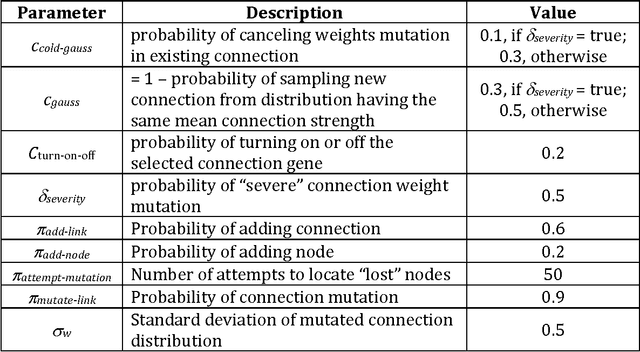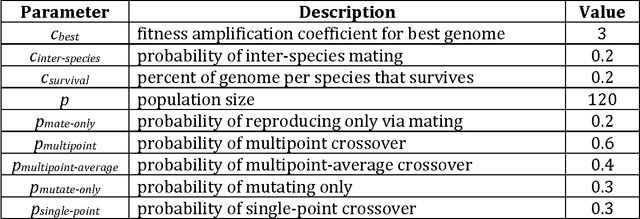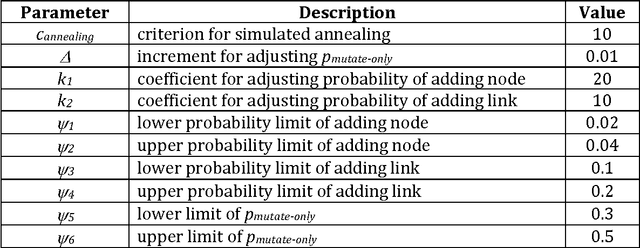Yanping Liu
TransBench: Breaking Barriers for Transferable Graphical User Interface Agents in Dynamic Digital Environments
May 23, 2025Abstract:Graphical User Interface (GUI) agents, which autonomously operate on digital interfaces through natural language instructions, hold transformative potential for accessibility, automation, and user experience. A critical aspect of their functionality is grounding - the ability to map linguistic intents to visual and structural interface elements. However, existing GUI agents often struggle to adapt to the dynamic and interconnected nature of real-world digital environments, where tasks frequently span multiple platforms and applications while also being impacted by version updates. To address this, we introduce TransBench, the first benchmark designed to systematically evaluate and enhance the transferability of GUI agents across three key dimensions: cross-version transferability (adapting to version updates), cross-platform transferability (generalizing across platforms like iOS, Android, and Web), and cross-application transferability (handling tasks spanning functionally distinct apps). TransBench includes 15 app categories with diverse functionalities, capturing essential pages across versions and platforms to enable robust evaluation. Our experiments demonstrate significant improvements in grounding accuracy, showcasing the practical utility of GUI agents in dynamic, real-world environments. Our code and data will be publicly available at Github.
Nonparametric End-to-End Probabilistic Forecasting of Distributed Generation Outputs Considering Missing Data Imputation
Mar 31, 2024Abstract:In this paper, we introduce a nonparametric end-to-end method for probabilistic forecasting of distributed renewable generation outputs while including missing data imputation. Firstly, we employ a nonparametric probabilistic forecast model utilizing the long short-term memory (LSTM) network to model the probability distributions of distributed renewable generations' outputs. Secondly, we design an end-to-end training process that includes missing data imputation through iterative imputation and iterative loss-based training procedures. This two-step modeling approach effectively combines the strengths of the nonparametric method with the end-to-end approach. Consequently, our approach demonstrates exceptional capabilities in probabilistic forecasting for the outputs of distributed renewable generations while effectively handling missing values. Simulation results confirm the superior performance of our approach compared to existing alternatives.
An Evolutionary Algorithm for Error-Driven Learning via Reinforcement
Mar 26, 2015



Abstract:Although different learning systems are coordinated to afford complex behavior, little is known about how this occurs. This article describes a theoretical framework that specifies how complex behaviors that might be thought to require error-driven learning might instead be acquired through simple reinforcement. This framework includes specific assumptions about the mechanisms that contribute to the evolution of (artificial) neural networks to generate topologies that allow the networks to learn large-scale complex problems using only information about the quality of their performance. The practical and theoretical implications of the framework are discussed, as are possible biological analogs of the approach.
 Add to Chrome
Add to Chrome Add to Firefox
Add to Firefox Add to Edge
Add to Edge